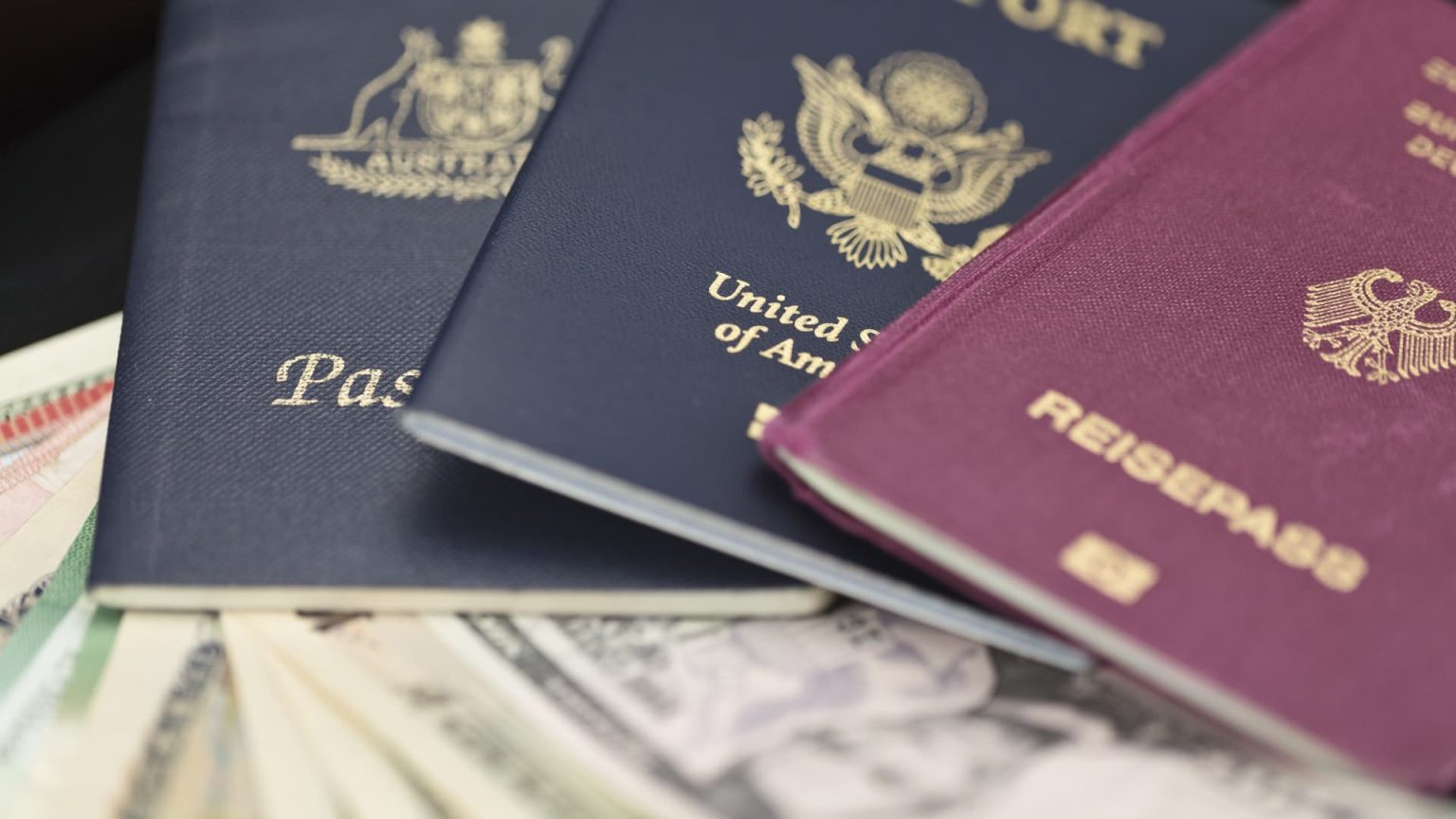Wealthy U.S. families are increasingly obtaining second citizenships and national residences as a way to hedge their financial risk by building “passport portfolios.” Henley & Partners, a law firm specializing in high-net-worth citizenships, reported that Americans now outnumber every other nationality in securing alternative residence or citizenship. High-profile individuals like Peter Thiel and Eric Schmidt have obtained second citizenships in countries like New Zealand and Cyprus. However, renouncing American citizenship is financially prohibitive for most except the ultra-wealthy due to the “exit tax.” Instead, many wealthy Americans are exploring additional visa or citizenship programs to supplement their U.S. passport, with popular destinations being Portugal, Malta, Greece, and Italy offering paths to residency and citizenship in exchange for investments.
Reasons for the rise in American passport portfolios include facilitating travel to parts of the world less friendly to the U.S., ensuring security for business travel by using a non-U.S. passport, aiding with cross-border financial transactions, and providing a backup residency option for retirement or lifestyle reasons. The current global political climate and uncertainty are driving individuals to pursue multiple citizenships as a form of risk mitigation. The trend is expected to continue growing, fueled by wars, government crackdowns on wealth, and political instability, with an estimated 128,000 millionaires forecasted to move to a new country in 2024, compared to 120,000 in 2023 and 51,000 in 2013.
Despite the increasing trend of wealthy individuals seeking multiple citizenships, the U.S. remains a top destination for global millionaires leaving other countries. In 2023, there was a net inflow of 2,200 millionaires moving to the U.S., with a projected increase to 3,500 in 2024. China remains the largest source of millionaire out-migration, losing a net 13,500 millionaires in the previous year. The wealth creation opportunities in the U.S. are cited as one of the key factors attracting wealthy individuals, highlighting the strong economic prospects in the country.
Investing in programs like Portugal’s “Golden Visa” or Malta’s citizenship through real estate scheme allows wealthy Americans to become European citizens, offering a range of benefits including settlement rights across Europe for education, work, and residence. The idea of diversifying citizenship and residency as a form of risk management is becoming increasingly common among affluent individuals globally, as uncertainty and geopolitical instability continue to rise. By acquiring additional citizenships, wealthy Americans can gain flexibility in their travel, business dealings, and lifestyle choices, creating a safety net in the event of unforeseen circumstances.
The notion of having a Plan B, C, and D in place in the face of uncertain times is resonating with wealthy individuals, driving the demand for second citizenships and residences. The ability to access different countries and their amenities, while also securing financial and personal stability, is appealing to those who seek to safeguard their wealth and well-being. With the predicted rise in millionaire migration and the ongoing pursuit of alternative citizenships, the concept of “passport portfolios” is likely to become more prevalent among high-net-worth individuals seeking to diversify their lives and protect their assets.


